Are you and your partner or partners satisfied with the current state of your relationship? Learn more about our $99 Relationship Checkup.
Search for a therapist, a psychiatrist or other content:
Category » Anxiety
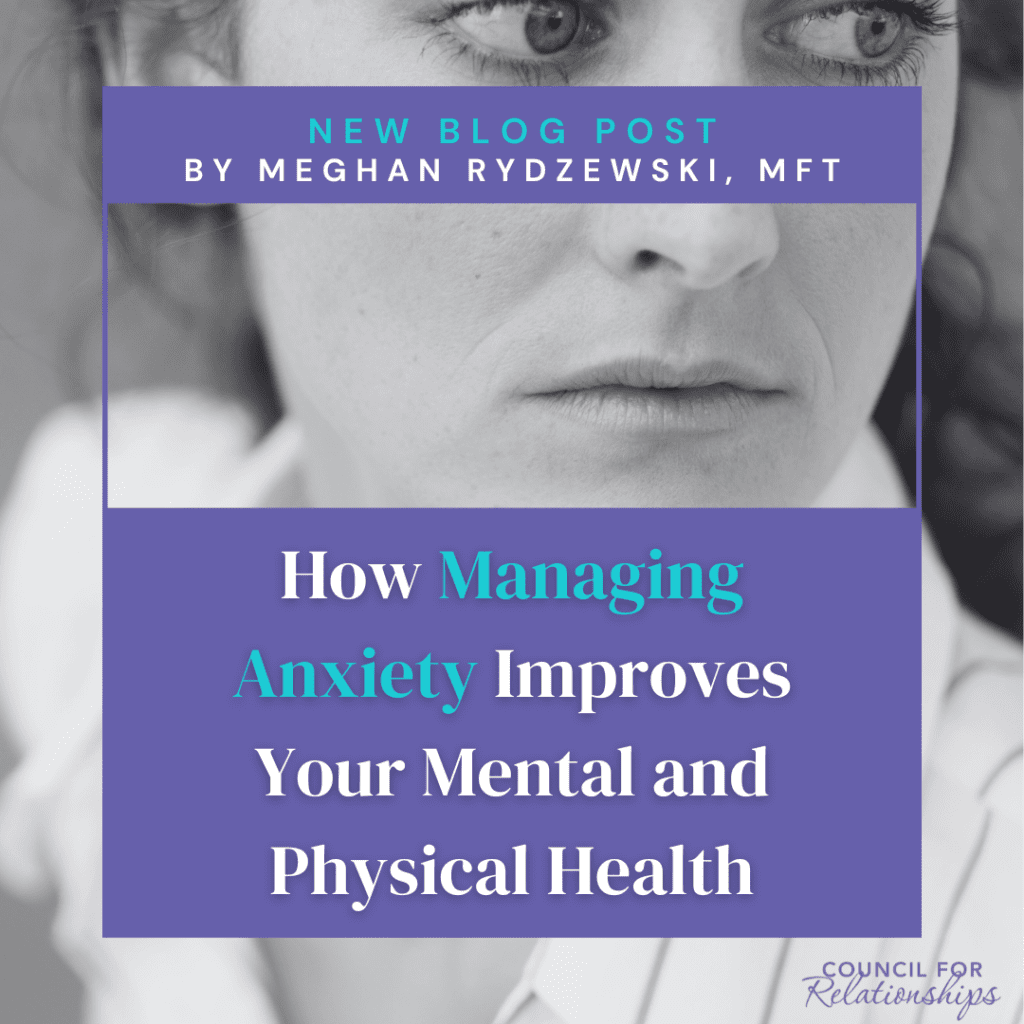
Managing Anxiety & Mental and Physical Health Tips
CFR Staff Therapist Meghan Rydzewski understands that managing anxiety during periods of uncertainty can be difficult, especially when trying to balance both mental and physical health. She emphasizes the importance…
Read More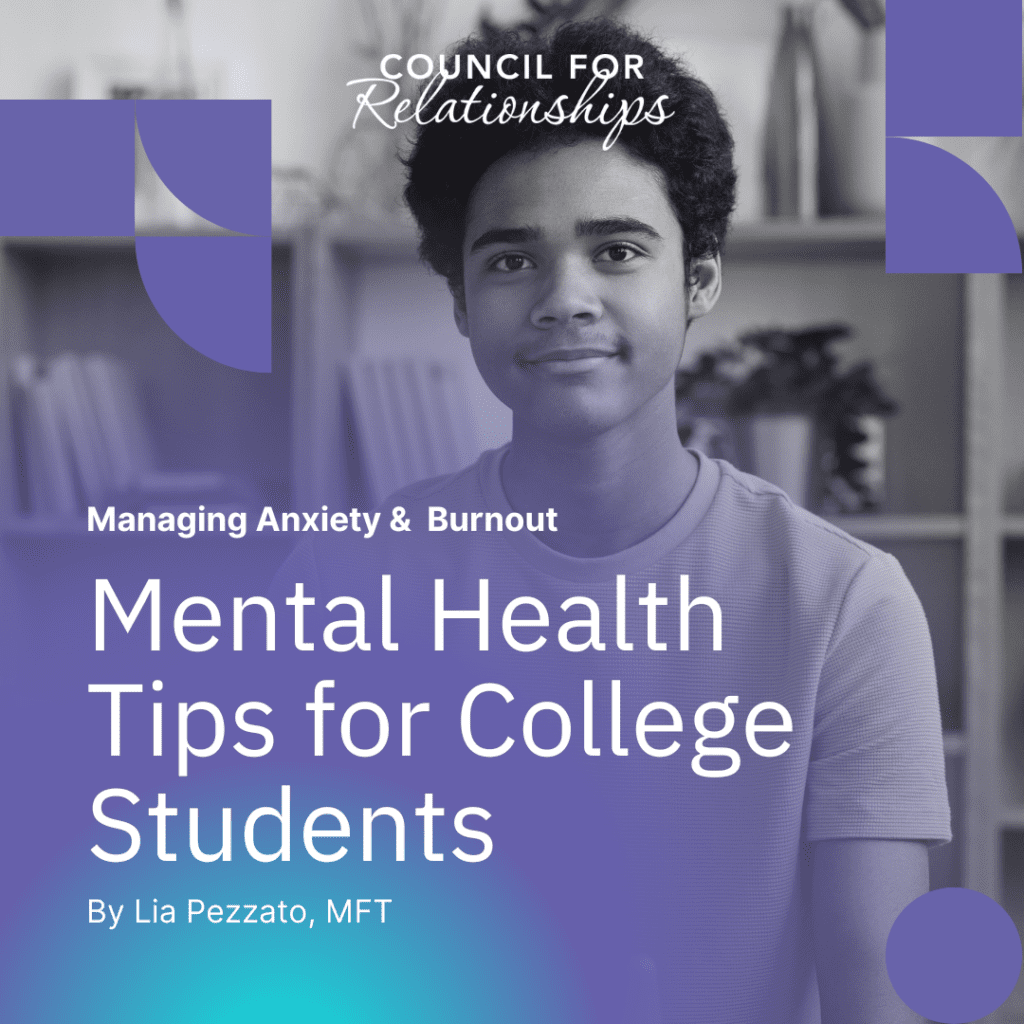
Managing Anxiety & Burnout: Mental Health Tips for College Students
Many students feel the weight of balancing classes, extracurriculars, and social activities as the school year progresses. While some may navigate these demands with ease, others struggle with anxiety and…
Read More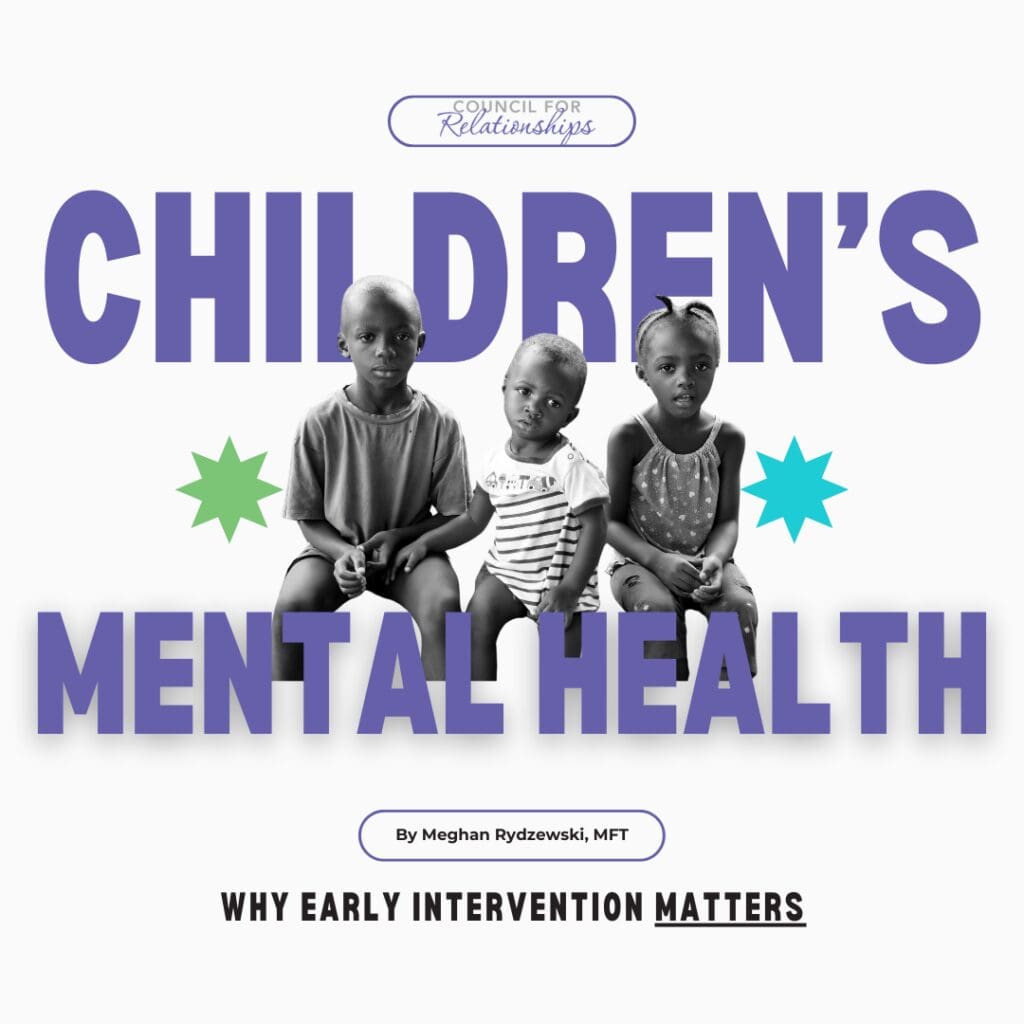
Children’s Mental Health: Why Early Intervention Matters
Understanding children’s mental health is crucial for early intervention. This blog highlights the importance of child therapy, signs of mental health issues, and how to support a child. Promoting mental…
Read More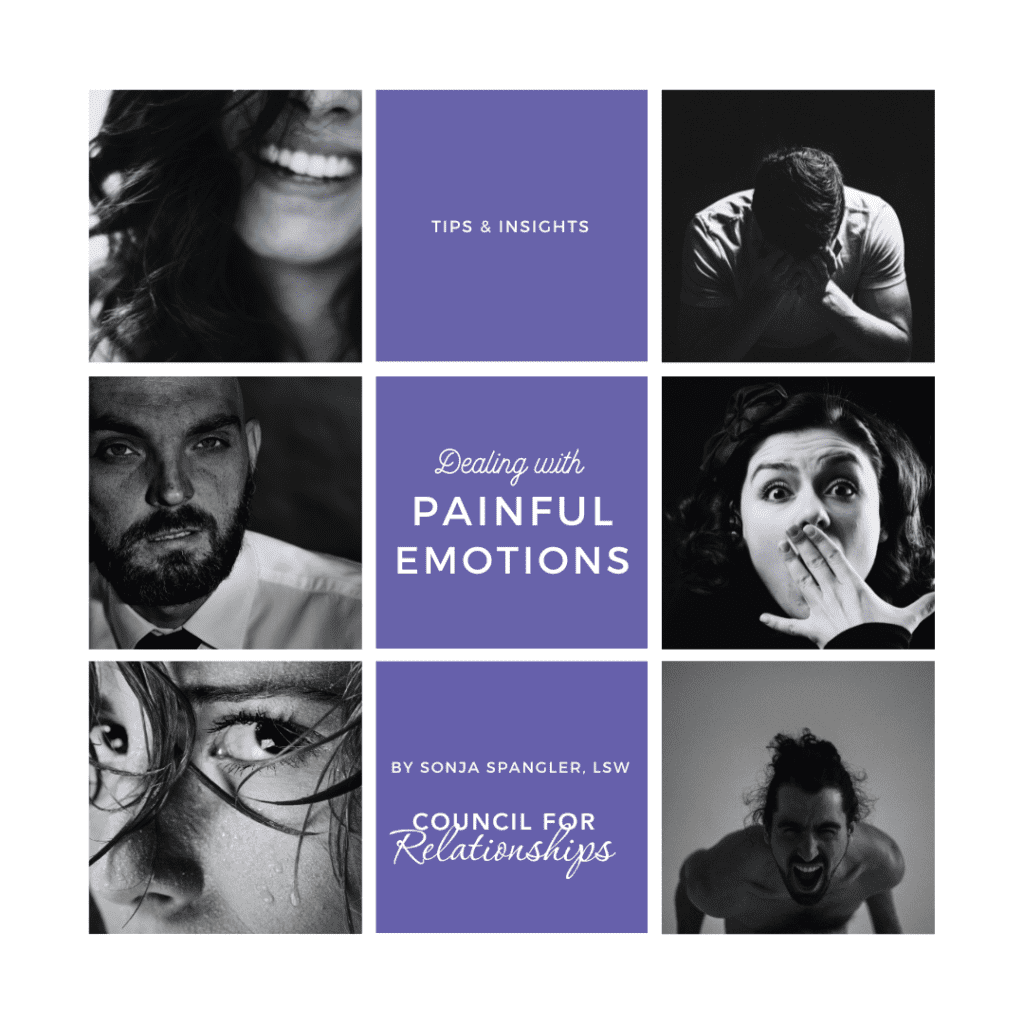
Dealing with Painful Emotions: Insights & Tips
In “Dealing with Painful Emotions,” CFR Staff Therapist Sonja Spangler, LSW, explores the inevitability of emotional pain and offers practical strategies for managing it. Through mindfulness, cognitive reframes, and self-awareness,…
Read More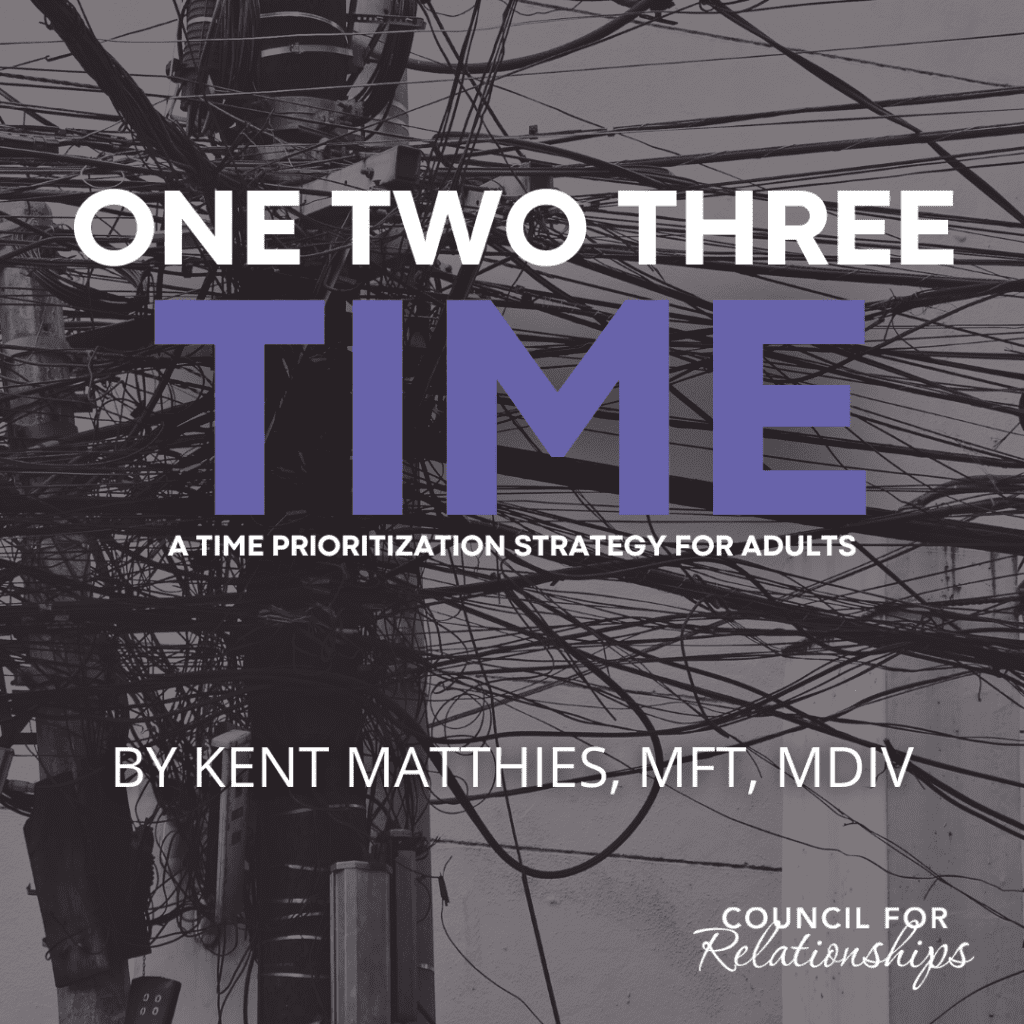
One Two Three Time: A Time Prioritization Strategy for Adults
In the hustle of modern life, understanding and managing personal time is critical to enhancing well-being. In fact, a recent survey found that when rating on a scale of 1-10,…
Read More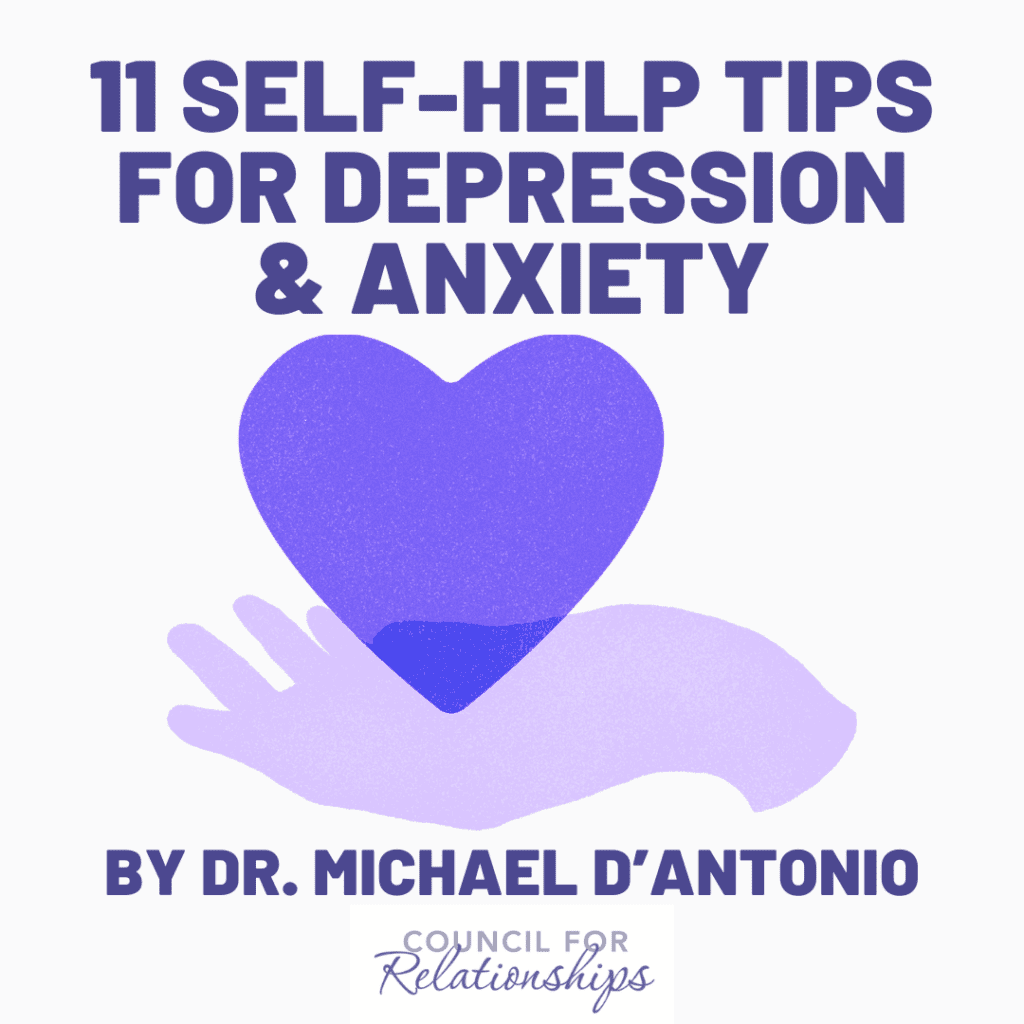
Self-Help Tips for Depression and Anxiety
The holiday season can make you feel depressed and anxious. Everyone experiences symptoms of depression and anxiety during their life. But you can thrive this holiday season with the following…
Read More
Are you building the life you want as 2023 transitions into 2024?
This is a time of year perfect for reflection and optimism. As we begin the period of time when we hand off one year to the next, take a moment…
Read More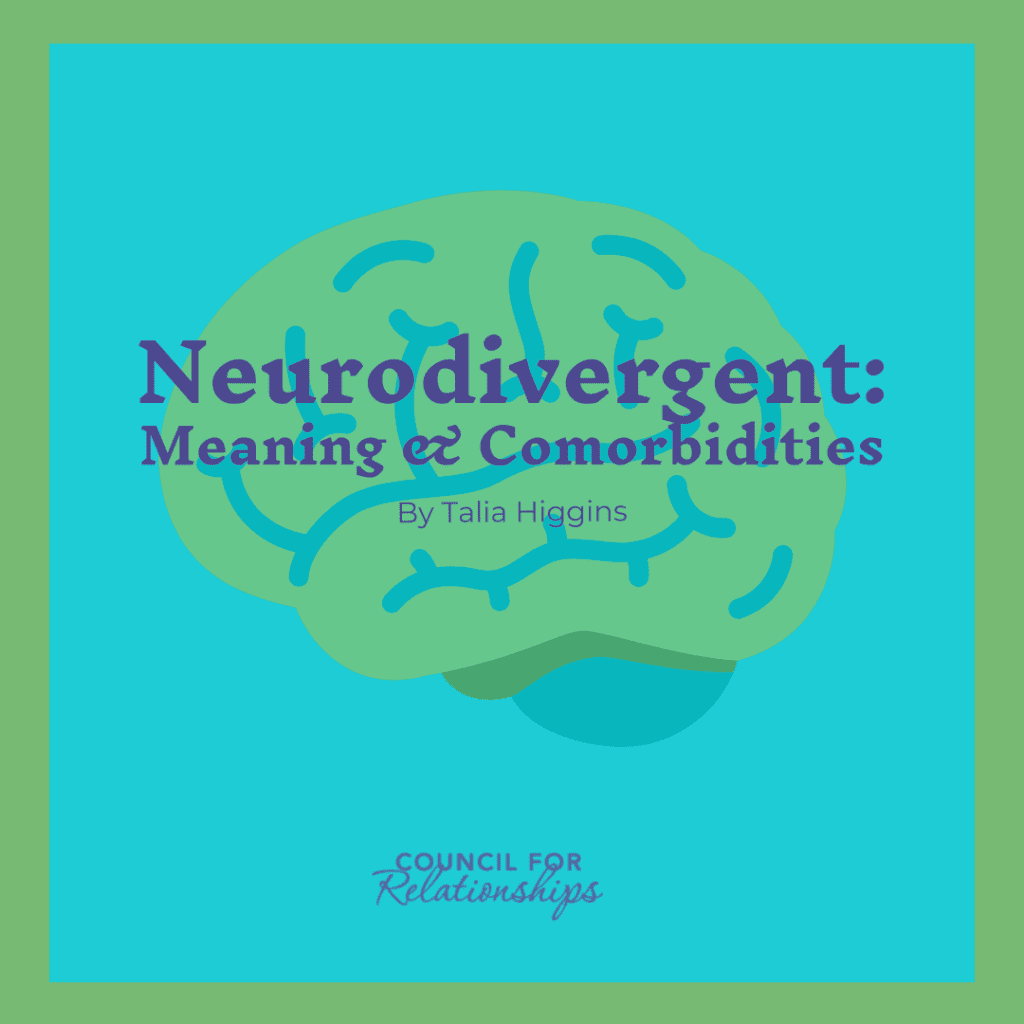
Neurodivergent: Navigating the Mental Health Issues
What it means to be neurodivergent is often misunderstood. The term describes individuals whose brain processes, learns, or behaves differently from what is typical. This term covers many conditions, including…
Read More
Purim and Mental Health: What the Holiday Can Teach Us about Ourselves
What can the Jewish holiday of Purim teach us about our own mental health? For one, it reminds us of the importance to unmask our true selves. Read on to…
Read More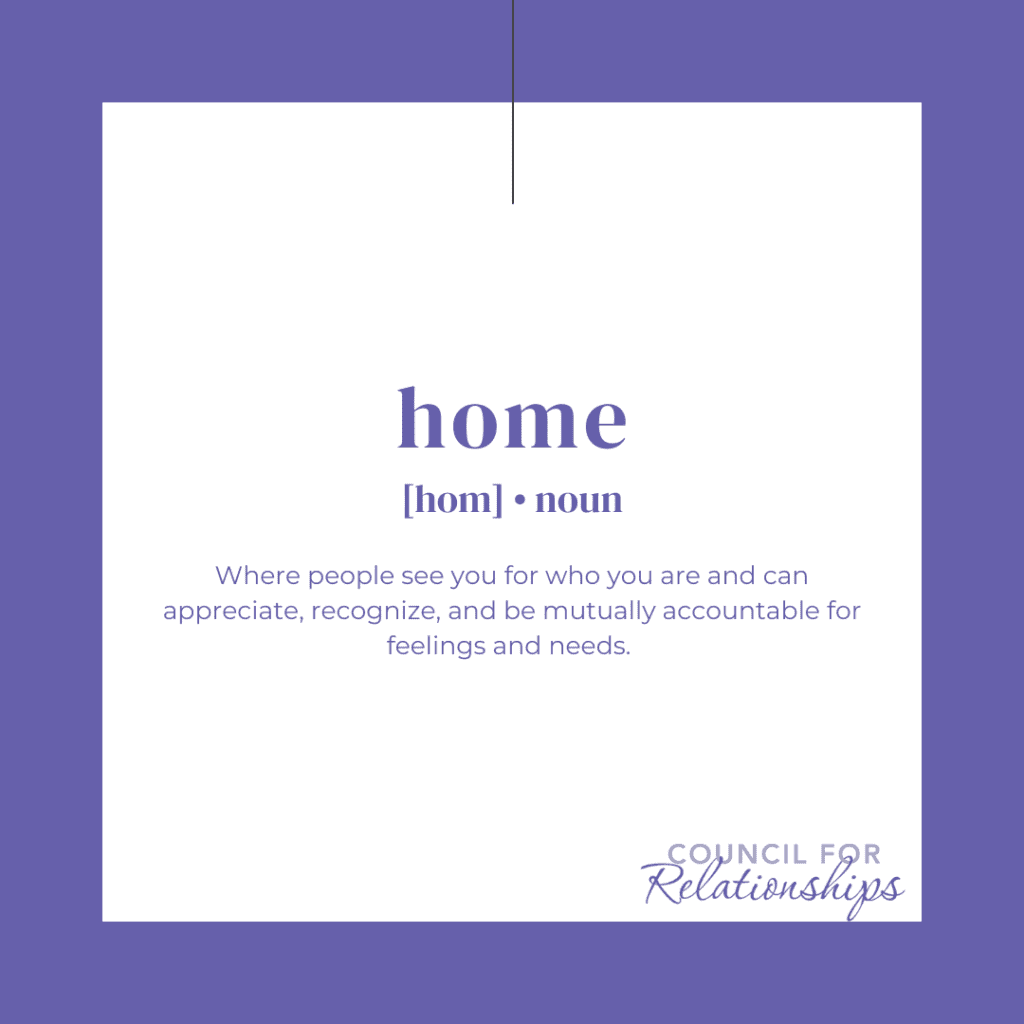
Going “Home” for the Holidays
For some of us, including me, the phrase “going home for the holidays” invites anxiety, dread, and avoidance. Every year I struggle to decide what to do for Thanksgiving. The…
Read More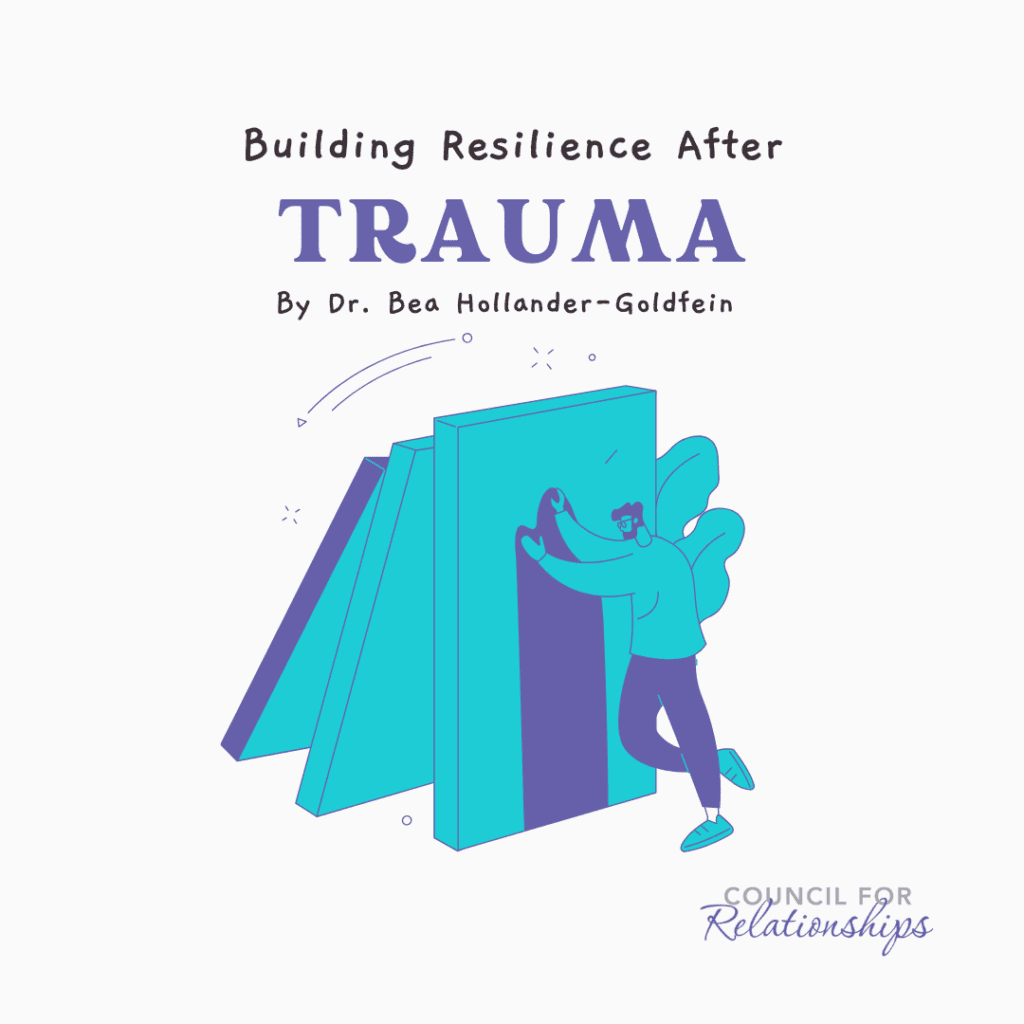
Building Resilience After Trauma: Shifting Perspectives
Many people face traumatic experiences. While they can feel overwhelming, building resilience after trauma can help us regain strength and find new meaning. Resilience is the ability to bounce back…
Read More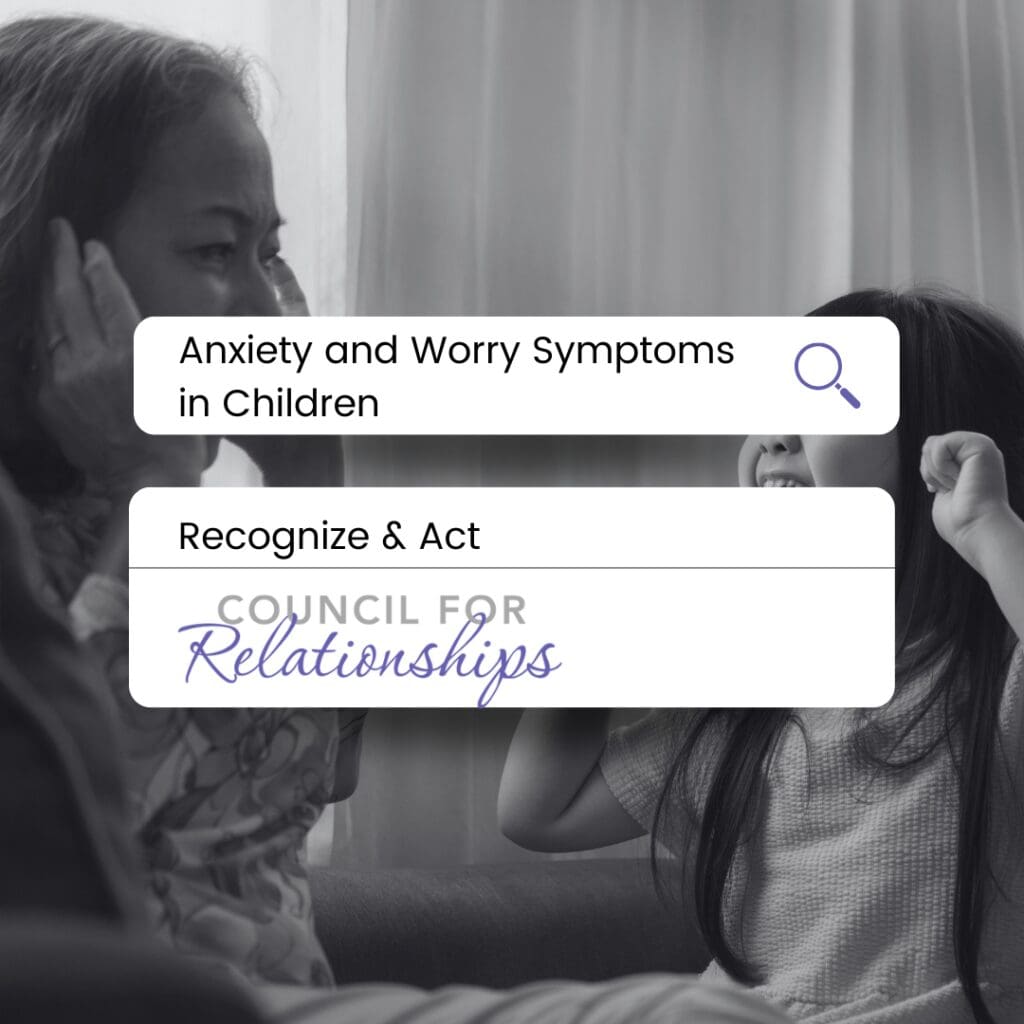
Anxiety and Worry Symptoms in Children
When children feel anxious, they may not show it in ways adults recognize. Instead of expressing their worries, they might refuse to go to school, avoid friends, or complain of…
Read More